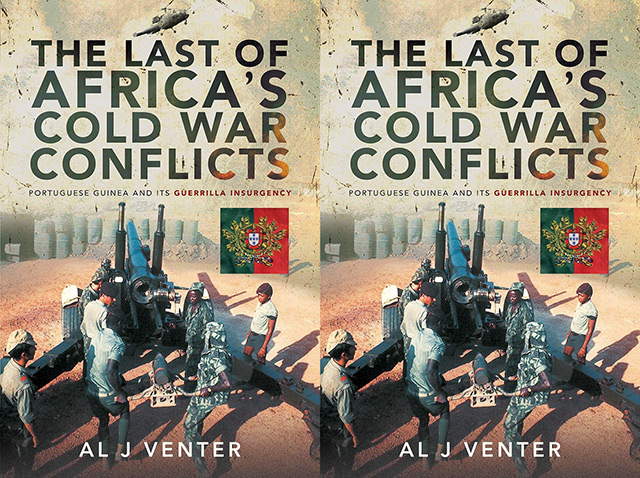

Indeed, on a recent visit to Central Mozambique in 2013, a youthful member of the American Peace Corps told this author that despite having been embroiled in conflict with the Portuguese for many years in the 1960s and 1970s, he found the local people with whom he came into contact inordinately fond of their erstwhile 'colonial overlords'. Today, most of the newspapers in Luanda, Maputo - formerly Lourenco Marques - and Bissau are in Portuguese, as is the language taught in their schools and used by their respective representatives in international bodies to which they all subscribe. That imprint is indelible and remains engraved in language, social mores and cultural traditions that sometimes have more in common with Europe than with Africa.

Lisbon ruled its African territories for more than five centuries, not always undisputed by its black and mestizo subjects, but effectively enough to create a lasting Lusitanian tradition.

Independence for all the former colonies, including the Atlantic islands, followed soon afterwards. Ultimately, Lisbon was to move out of Africa altogether, when hundreds of thousands of Portuguese nationals returned to Europe, the majority having left everything they owned behind. It was certainly enough to cause Portugal to call a halt to violence and pull all its troops back to the Metropolis. Though hardly on the scale of hostilities being fought in South East Asia, the casualty count by the time a military coup d' tat took place in Lisbon in April 1974 was significant. Commonly referred to as Lisbon's Overseas War (Guerra do Ultramar) or in the former colonies, the War of Liberation (Guerra de Liberta o), these struggles played a seminal role in ending white rule in Southern Africa. Yet they are among the most underreported conflicts of the modern era. Portugal's three wars in Africa in Angola, Mozambique and Portuguese Guinea (Guin -Bissau today) lasted almost 13 years - longer than the United States Army fought in Vietnam.


 0 kommentar(er)
0 kommentar(er)
